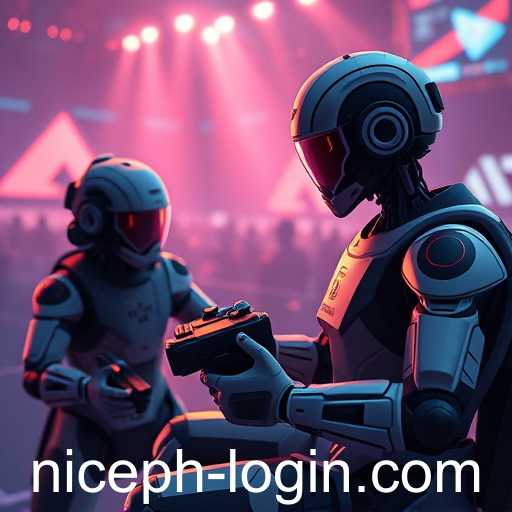Exploring the integration of artificial intelligence in the gaming industry and its impact on players and developers in 2025.
The gaming industry has been on a transformative journey, with artificial intelligence (AI) increasingly becoming a pivotal part of its evolution. As we find ourselves in 2025, the field has reached unprecedented heights in terms of technological advancement, fundamentally altering how games are developed, played, and even perceived.
AI has become a game-changer for developers, providing powerful tools to create more immersive and responsive environments. One notable aspect is the enhancement of NPCs (non-playable characters), which now display lifelike behaviors and reactions, thanks to sophisticated machine learning algorithms. These advancements allow for more complex storylines and personalized player experiences, making games more engaging and challenging.
The online gaming sphere has also witnessed a surge in AI-driven mechanics, particularly in multiplayer games. From smart matchmaking systems that pair players based on skill level and gameplay style to adaptive AI opponents that provide a customized challenge, the dynamics of online gaming have been irrevocably changed. This paradigm shift not only caters to seasoned players seeking a stimulating environment but also offers novices a smoother introduction to complex gaming universes.
However, the rise of AI in gaming is not without its controversies. Discussions around ethical considerations have come to the forefront, with debates focusing on data privacy issues and the extent of AI's involvement in player monitoring. Developers are now tasked with balancing innovation with responsibility, ensuring that AI enhances rather than detracts from player experiences.
Additionally, the integration of AI in gaming has sparked discussions about the future of game design careers. While AI automates certain aspects of game development, there's now an increased demand for creative talent that can push the boundaries of what these technologies can offer. Game designers are not being replaced but are adapting, using AI as a tool to augment their creative capabilities.
Looking ahead, the intersection of AI and gaming promises an exciting trajectory, filled with innovations yet to be discovered. As technology continues to advance, the lines between reality and virtual experiences will blur further, ushering in new ways to engage and entertain players globally.




